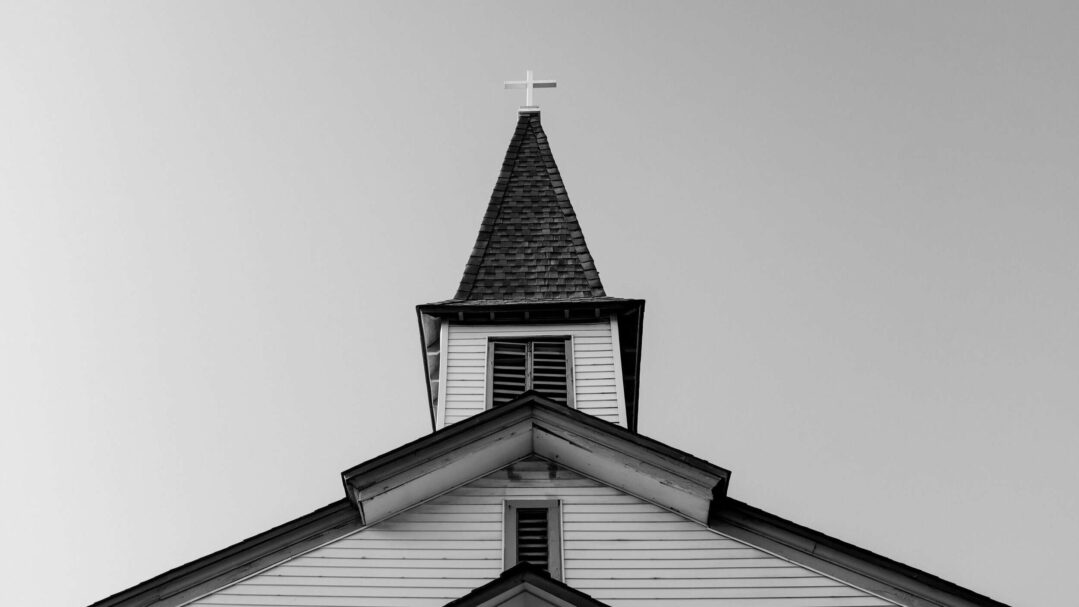Preston and Jackie Hill Perry recently had pastor Charlie Dates on their podcast. Dr. Dates is formally educated in historical theology, and the Perrys had him on to talk about the Black Church. It was a great conversation, and I encourage you to check out the episode (go ahead and subscribe to the podcast while you’re there, too). Something Dr. Dates said about the Black Church really stood out to me. It wasn’t actually something about the Black Church so much as it was about how white Christians view the Black Church. He observed that when white theologians, whether in the academy or providing popular commentary, speak about the Black Church, they often do so correctively. Is this Theological Arrogance?
That may strike us as an over-simplification, but upon some reflection I have observed the same thing time and time again. White Christians speak about the Black Church as a political organization, emotional support group, or cultural institution. When we speak about it theologically, we often do so in order to note what we see as lacking in it. We may appreciate contributions to civil rights which have their roots in the Black Church. We may like the Gospel music which has come out of the tradition. But how many of us white Christians treat the Black Church as a theological resource from which we can learn?
No institution is above critique, Black Church included. But white Christians should humbly recognize that if critique is our deepest instinct when it comes to relating to the Black Church, that likely reveals more about us than the Black Church.
It’s a human instinct to revert to what is comfortable and familiar. White Christians have a stunning number of theological resources at our disposal that don’t require us to stray from our cultural happy place. But we go a step too far to assume that our theology is the only good theology or that we have the market cornered on truth.
It’s also human nature to view what is unfamiliar with suspicion. A problem for white Christians is that if our own theological resources are familiar and the Black Church is unfamiliar, we can take that to mean there is something theologically suspect about the Black Church. Differences in language and cultural expression serve to confirm our biases and further the lack of understanding.
Wisdom is vindicated by her children (Matthew 11:19). A tree is known by its fruit (Matthew 7:17). When we consider the works of the Black Church and see Christians who have faithfully called for justice for centuries in the face of mistreatment by others who call themselves Christians, who yet write hymns, preach the hope of Heaven, and do so without bitterness or violence—what’s the group we’re viewing with theological suspicion? Not the group that was mistreating them?
White Christians have conversations about whether or not to use the works of known racists, but no matter what side we take in that debate, most of us remain ignorant of Black Christians from whom we could be learning.
We could go all the way back to the first centuries of the church and read how the North African theologians shaped the theology which would come to mark Western Christianity and the Protestant Reformation. We could read American historians like Frederick Douglas or theologians like Francis Grimke (UWP has a whole series on the history of the Black Church). We could read the pleas from Dr. King as he engages white clergy ranging from antagonistic to indifferent. We could read the current theological works of Black theologians, and not just on matters of race and racism. We can do so humbly, with an eye to learn rather than to correct.
Sin is sneaky. Arrogance does not have to be an overt rejection—it can look like a casual dismissal as well. As we all seek to grow as Christians, we would do well to branch out and learn from saints outside our immediate circles and gain wisdom from the many different saints God is redeeming.
Originally Published: June 8, 2021
Prayer Requests
- Pray that God would guard us from indifference and arrogance, whether we’re aware of it or not.
- Pray that God would give us the wisdom and inclination to discerningly engage the wide swath of theological resources available to us.
- Pray that these diverse verses would help us love our brothers and sisters well.












